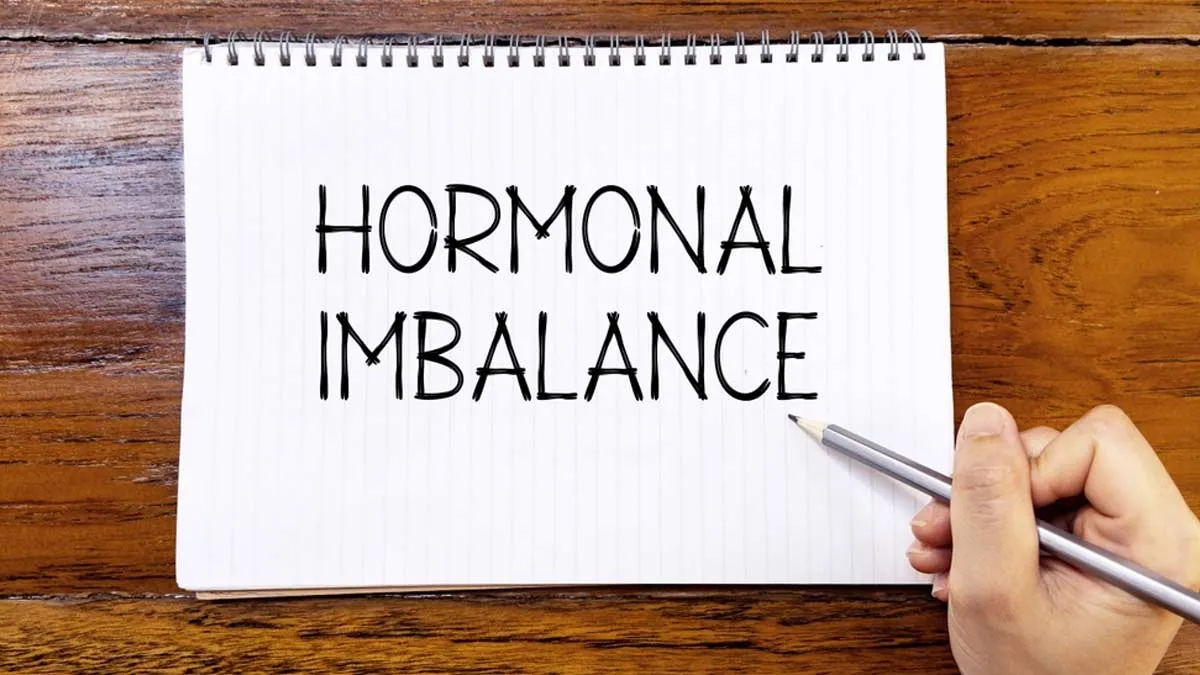
Hormones are the body's messengers, dictating everything from your mood and metabolic rate to skin and menstrual health. When these chemical messengers get out of control, they can cause subtle and not-so-subtle destruction in many body systems. It's tempting to brush off the initial symptoms of hormonal imbalance as stress, a bad night's sleep, or even just ageing, but catching it early can nip chronic health issues in the bud later.
Table of Content:-
Early Signs of Hormonal Imbalance You Shouldn’t Ignore
Here are some red flags you cannot afford to disregard:
1. Chronic Fatigue In Spite Of Rest
If you are persistently tired even after getting a good night's sleep or are worn out during the day without having done anything strenuous, it may indicate imbalances in your thyroid hormones, cortisol (the stress hormone), or even insulin. Chronic fatigue could also be an early indicator of adrenal insufficiency.
2. Weight Fluctuations Without Explanation
Sudden weight gain—particularly around the midsection—or unexplained weight loss may be associated with hormonal imbalances. Sluggish thyroid function (hypothyroidism), resistance to insulin, or elevated cortisol can impact metabolism and hunger regulation.

3. Adult Acne (Particularly Around the Jawline)
Monthly recurring breakouts, particularly around your jawline or chin, are usually indicators of excess androgens (male hormones such as testosterone) or PCOS (Polycystic Ovary Syndrome) in females.
4. Mood Swings, Anxiety, or Depression
Although emotions are subject to numerous factors, hormones such as estrogen, progesterone, and serotonin are largely responsible for regulating mood. When these hormones become imbalanced, they can cause irritability, anxiety, low mood, and in some individuals, symptoms that approximate clinical depression.
5. Irregular or Painful Periods
A cycle that is too long, too short, very heavy or completely absent can be your body's way of flagging a hormonal disruption. This can be the case with thyroid problems, PCOS, or even perimenopause.
6. Hair Thinning or Hair Loss
Notice excess hair on your pillow or drain of the shower? Hormonal causes of hair loss include thyroid imbalances, high levels of testosterone, or postpartum changes in estrogen.
7. Low Libido
A drop in sex drive, particularly when it’s sudden or accompanied by other symptoms—can be linked to lower levels of estrogen, testosterone, or thyroid hormones.

8. Brain Fog or Memory Issues
Difficulty focusing, forgetfulness, or overall mental fogginess may not necessarily be caused by ageing or fatigue. Estrogen, cortisol, and thyroid hormones all have an effect on cognitive function.
When to See a Doctor
If you see a combination of these symptoms lasting for weeks, it's time to get expert assistance. Blood work, lifestyle evaluation, and a complete history can reveal whether your hormones are the culprits.
Bottomline
Your body speaks to you in symptoms, don't ignore them. Hormonal imbalances can often be corrected or managed quite effectively through a combination of medical care, lifestyle adjustments, and targeted nutrition. Being better early is the key to restoring balance and reclaiming your health.
Also watch this video
How we keep this article up to date:
We work with experts and keep a close eye on the latest in health and wellness. Whenever there is a new research or helpful information, we update our articles with accurate and useful advice.
Current Version